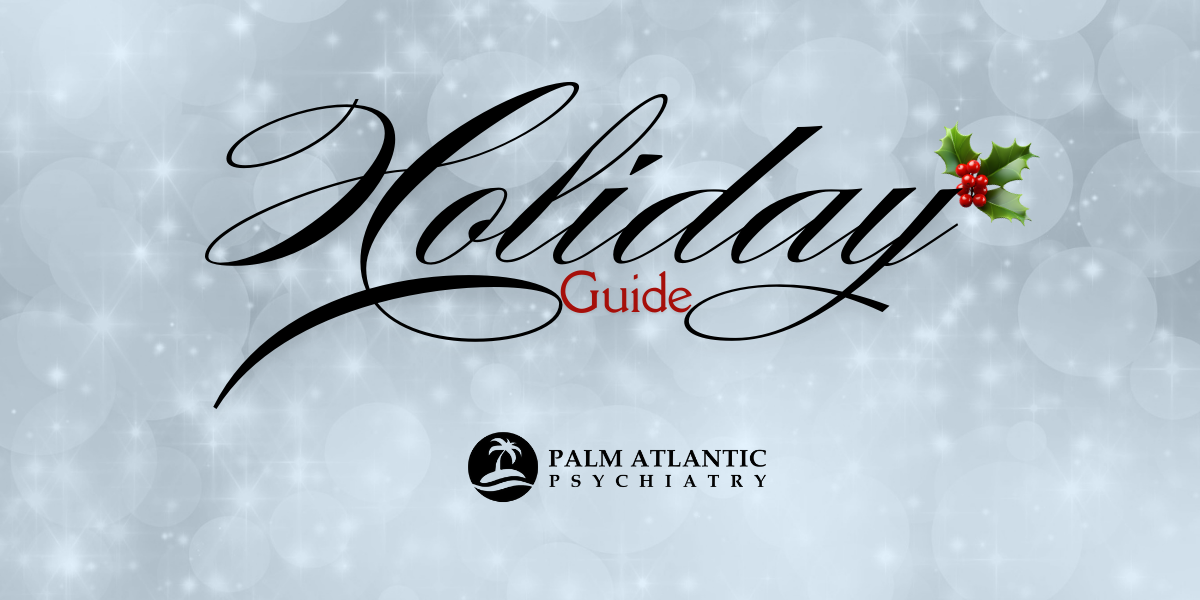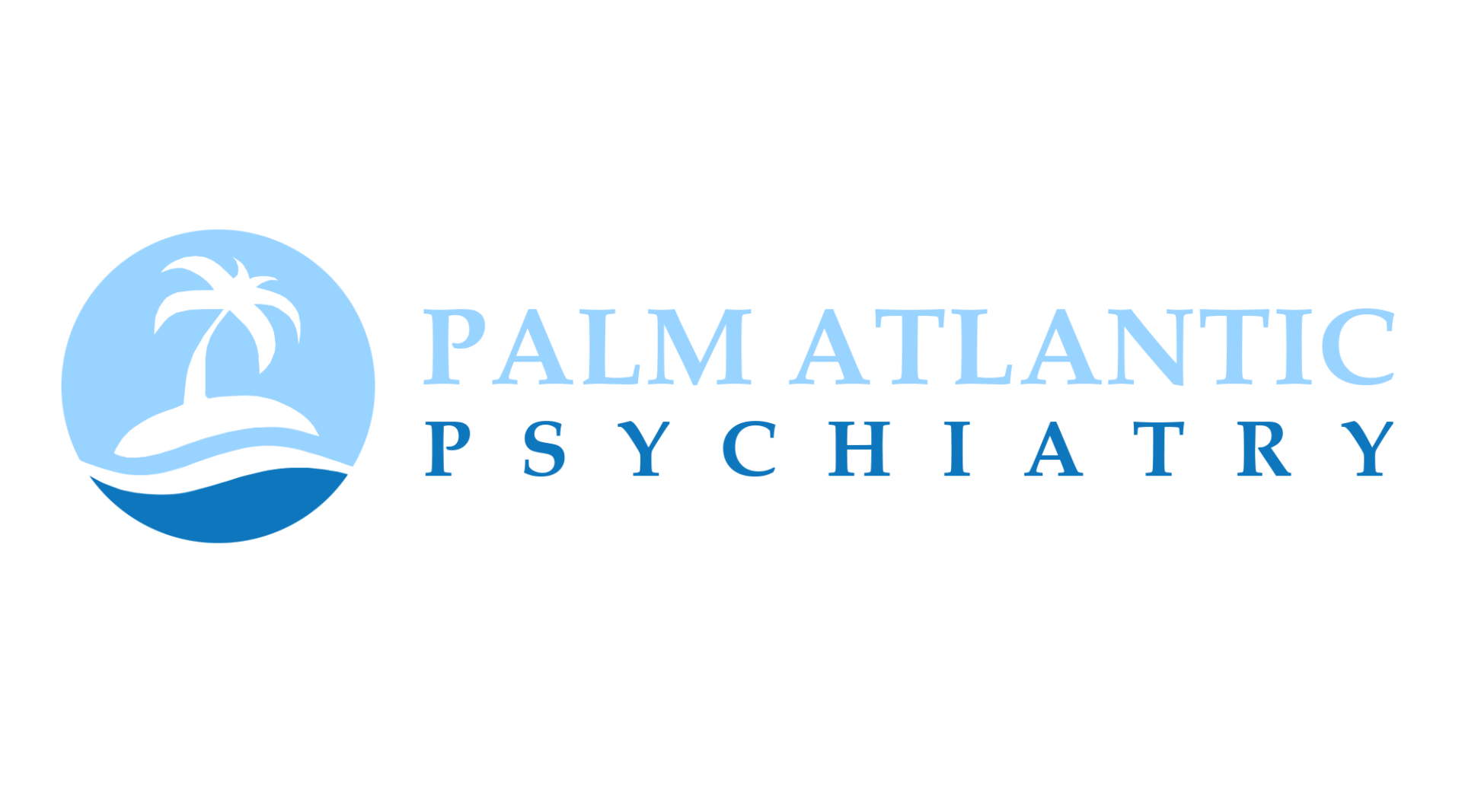Avoiding Burnout During the Holiday Season: Practical Tips for Balance
Holiday Guide


The holiday season is full of celebrations, gatherings, and gift-giving, but it can also bring an increased risk of burnout. With endless to-do lists, social obligations, and financial pressures, many people find themselves feeling physically and mentally exhausted by the time the holidays are over. Taking steps to avoid burnout can help you enjoy the season while protecting your well-being.
In this article, we’ll explore practical tips to maintain balance during the holidays, so you can embrace the festivities without feeling overwhelmed.
Why the Holiday Season Can Lead to Burnout
Holiday burnout is often a result of physical, emotional, and mental exhaustion from trying to meet high expectations. Here are some common sources of holiday stress that can contribute to burnout:
- Overcommitting to Social Events: With invitations to family gatherings, work parties, and friends’ celebrations, the social calendar can quickly fill up, leaving little time for rest.
- Financial Pressures: Holiday expenses for gifts, travel, and events can strain budgets and increase anxiety, leading to stress.
- High Expectations: Many people feel pressure to create a “perfect” holiday, leading to stress over decorations, gifts, and traditions.
- Disrupted Routine: The holiday season often disrupts regular routines, from sleep schedules to exercise habits, which can impact physical and mental health.
Tips to Prevent Holiday Burnout
Here are some effective strategies to help you manage holiday obligations and avoid burnout:
1. Set Clear Priorities
It’s easy to feel overwhelmed by the demands of the season, but focusing on what matters most can help you set realistic goals. Determine your holiday priorities, such as spending time with close family, enjoying certain traditions, or practicing self-care, and let go of anything that feels unnecessary.
How to Set Priorities:
- Make a list of the most meaningful activities and focus on these.
- Let go of expectations for perfection in areas that don’t align with your values.
- Communicate your priorities with family and friends so they understand your needs.
2. Say No When Needed
While it’s tempting to say yes to every invitation, overcommitting can lead to exhaustion. Setting boundaries and saying no to events that don’t align with your priorities can help preserve your energy.
Tips for Saying No:
- Politely decline invitations that feel overwhelming, using phrases like “I appreciate the invite, but I’ll be resting at home.”
- Prioritize events with close family and friends, and consider skipping gatherings that don’t feel essential.
- Remind yourself that saying no is a form of self-care and doesn’t require guilt.
3. Plan for Rest and Downtime
Scheduling downtime is essential to prevent burnout. Setting aside time to recharge helps you stay energized and avoid feeling drained by holiday activities.
Ideas for Rest and Relaxation:
- Block out specific days or times on your calendar for rest.
- Practice small moments of relaxation, like reading, taking a short walk, or meditating.
- Limit screen time or social media to avoid added stress and overstimulation.
4. Set a Holiday Budget
Financial stress can significantly contribute to holiday burnout. Creating a realistic budget for gifts, travel, and events can help you manage expenses without worry.
Budgeting Tips:
- List essential expenses, set spending limits, and avoid impulse purchases.
- Consider low-cost or homemade gifts that show thoughtfulness without overspending.
- Plan activities that don’t require much spending, like holiday movie nights or cozy dinners at home.
5. Maintain Self-Care Routines
The holidays often disrupt routines, but maintaining some self-care habits can help you feel grounded and balanced. Prioritizing sleep, physical activity, and nutrition helps you manage stress and stay resilient.
Self-Care Tips:
- Stick to a regular sleep schedule as much as possible, aiming for 7-8 hours a night.
- Stay active with light exercises, like walking or stretching, to reduce tension.
- Enjoy nourishing foods to support your energy and avoid overindulging in sweets.
6. Practice Mindfulness and Gratitude
Mindfulness can help you stay present and reduce stress, while gratitude shifts focus toward positive experiences. Together, these practices encourage balance and emotional well-being during the holidays.
How to Practice Mindfulness and Gratitude:
- Take a few moments each day for mindful breathing or meditation.
- Keep a gratitude journal to record small moments of joy or thankfulness.
- Focus on enjoying each moment rather than worrying about what’s next.
How Palm Atlantic Psychiatry Can Help
If holiday burnout feels overwhelming, Palm Atlantic Psychiatry offers support to help you manage stress and maintain balance. Our team provides medication management and supportive therapy for stress reduction, self-care, and emotional resilience, giving you the tools to navigate the season with ease.
For those interested in holistic support, Palm Atlantic also offers Thorne supplements designed to promote relaxation, boost energy, and support overall well-being. Our providers work with you to create a mental health plan that includes practical strategies and natural supplements for a more balanced holiday experience.
With telepsychiatry services available throughout Florida and in-person care at our Jupiter, FL location, Palm Atlantic Psychiatry makes it convenient to access mental health support tailored to your needs.
Final Thoughts
The holidays don’t have to end in burnout. By setting priorities, managing commitments, and making time for rest, you can enjoy the season while protecting your mental and physical health. Practicing self-care, mindfulness, and budgeting can help you stay balanced, so you can fully appreciate the moments that matter.
If holiday burnout is impacting your mental health, consider reaching out to Palm Atlantic Psychiatry. Our team provides personalized guidance and holistic support to help you approach the holiday season with calm, resilience, and joy.

All Rights Reserved | Palm Atlantic Psychiatry | Privacy Policy
By providing your email address or phone number and clicking "Submit" or any similar action, you agree to receive emails and text messages (SMS) from Palm Atlantic Psychiatry regarding appointments, services, and important updates. Message and data rates may apply. You can opt out at any time by clicking "UNSUBSCRIBE" or replying "STOP" to any message.




